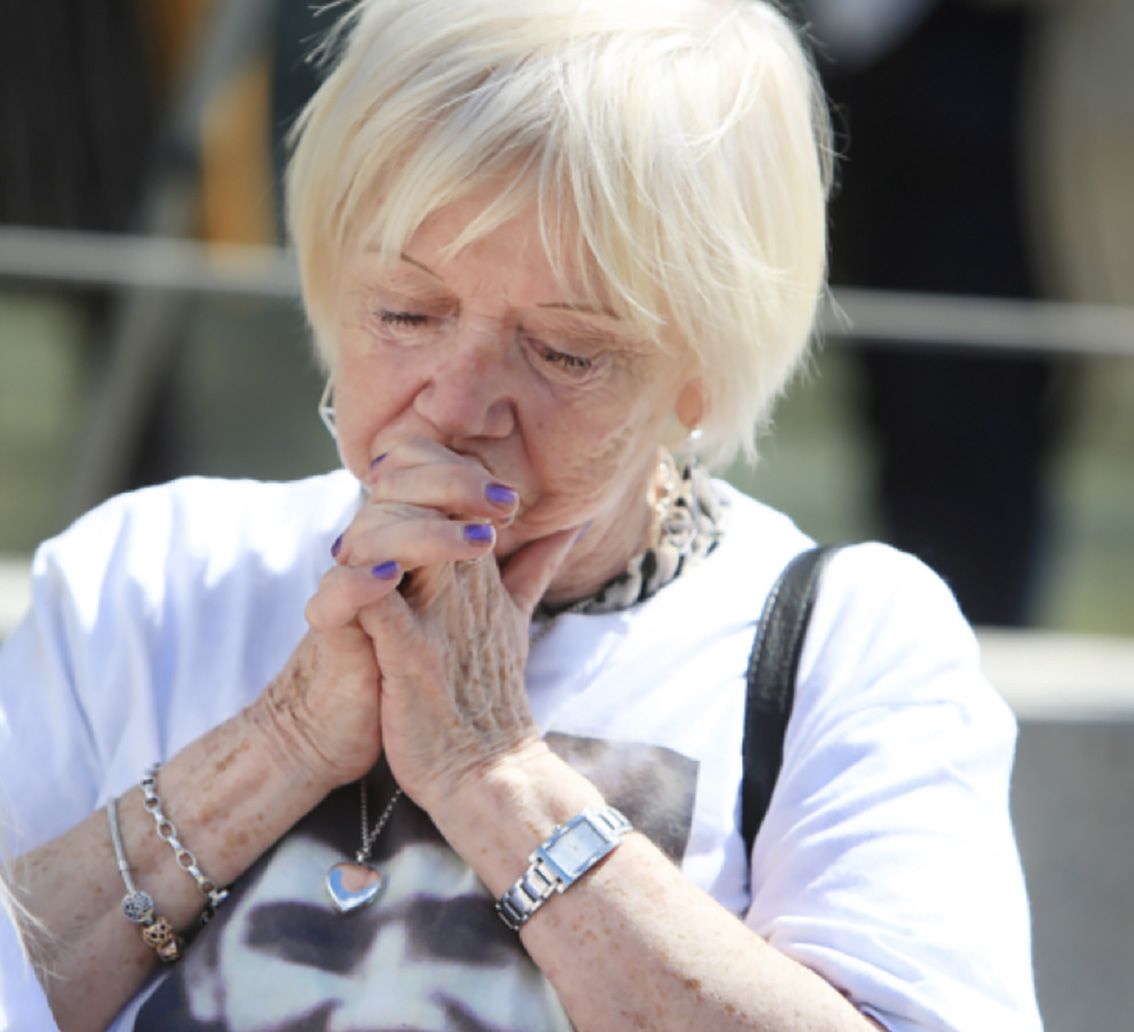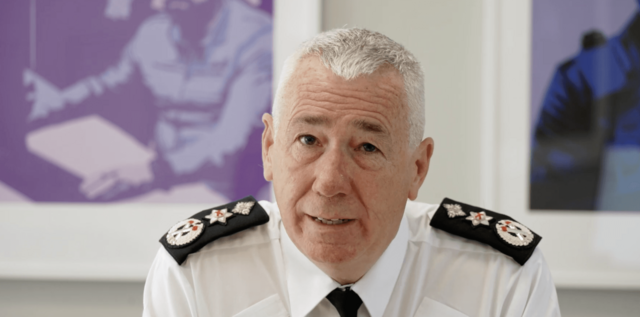AS we come to terms with the past few weeks of intense discussion on legacy it is important for us to take a pause.
So many families are critically engaged in the debate on dealing with the past. They try to get their voices heard past the academic commentary about them. Which is not easy as the failure to deal with the past is blamed on victims themselves. Apparently, their failure to agree on one particular way of dealing with the past is the problem.
It isn’t decades of the denial of the rights of victims and survivors. It isn’t the failure to insert mechanisms to deal with the past into the Good Friday Agreement. It isn’t systemic fighting of families in courts for decades. It isn’t the censorship of the experience of victims if it is too challenging for state narratives. It isn’t the obtuse and deliberate obliteration of women’s experience of conflict to render it invisible.
This leaves the significant and unacceptable gap that gross human rights violations and the most serious injuries will go without investigation.
No – none of that – it is the victims themselves because they express sincere worries that processes may leave their needs behind.
If there was an approach to the needs of victims and survivors which was genuine and demonstrably caring, we may have seen the issues of difference teased out and properly addressed. Instead, we have an approach of lumping victims as “as bad as each other”, “toxic” and generally untouchable.
The issues that appear to cause contention with the Historical Investigations Unit appear easily addressed with goodwill. Those saying they do not have confidence in it will firstly speak about the families who will have had a previous Historical Enquiries Team reports and are affected by non-state actors.
The Ballymurphy Massacre families were not informed that @BorisJohnson was making a statement today in the House of Commons. We found out from journalists. Yet again, that was not an apology. Boris did not apologise for the killings of our loved ones.
— Mary Kate Quinn (@marykate_quinn) May 19, 2021
The HIU is not mandated under the proposed legislation to investigate those cases. Because the HET acted illegally when investigating state killings those cases will be included into the HIU. It is totally understandable that families will feel the HIU should be for everyone. And it seems an easy give.
The second issue is people whose loved ones were killed in the South will not be covered by the HIU. They will receive an investigation by a Garda unit. Again, there is a completely understandable worry that those investigations will operate to a different standard. So, the answer, as advocated by the Human Rights Commission and Relatives for Justice, is to ensure that the HIU operates on a cross-jurisdictional basis.
And lastly, the HIU is only mandated to examine killings. This leaves the significant and unacceptable gap that gross human rights violations and the most serious injuries will go without investigation. Of course, they should be covered by the HIU mandate. The lesson from other parts of the world is if you leave out these most harmed you will have to come back. That would be unsatisfactory – so bring in those violations to the mandate.
It is not a huge leap to be inclusive of harms, to ensure that the process is indeed victim-centred and progressive.
With will. With societal will and with political will.
Instead, there has been a deliberate decline in the debate away from the issues that are actually being raised into a quagmire of obfuscation where victims’ rights are denied and victims blamed.
We can of course do much better. We can get real. We can value human rights. We can actually see, hear and listen to what victims need.








